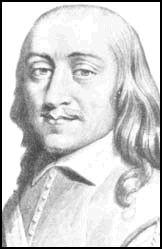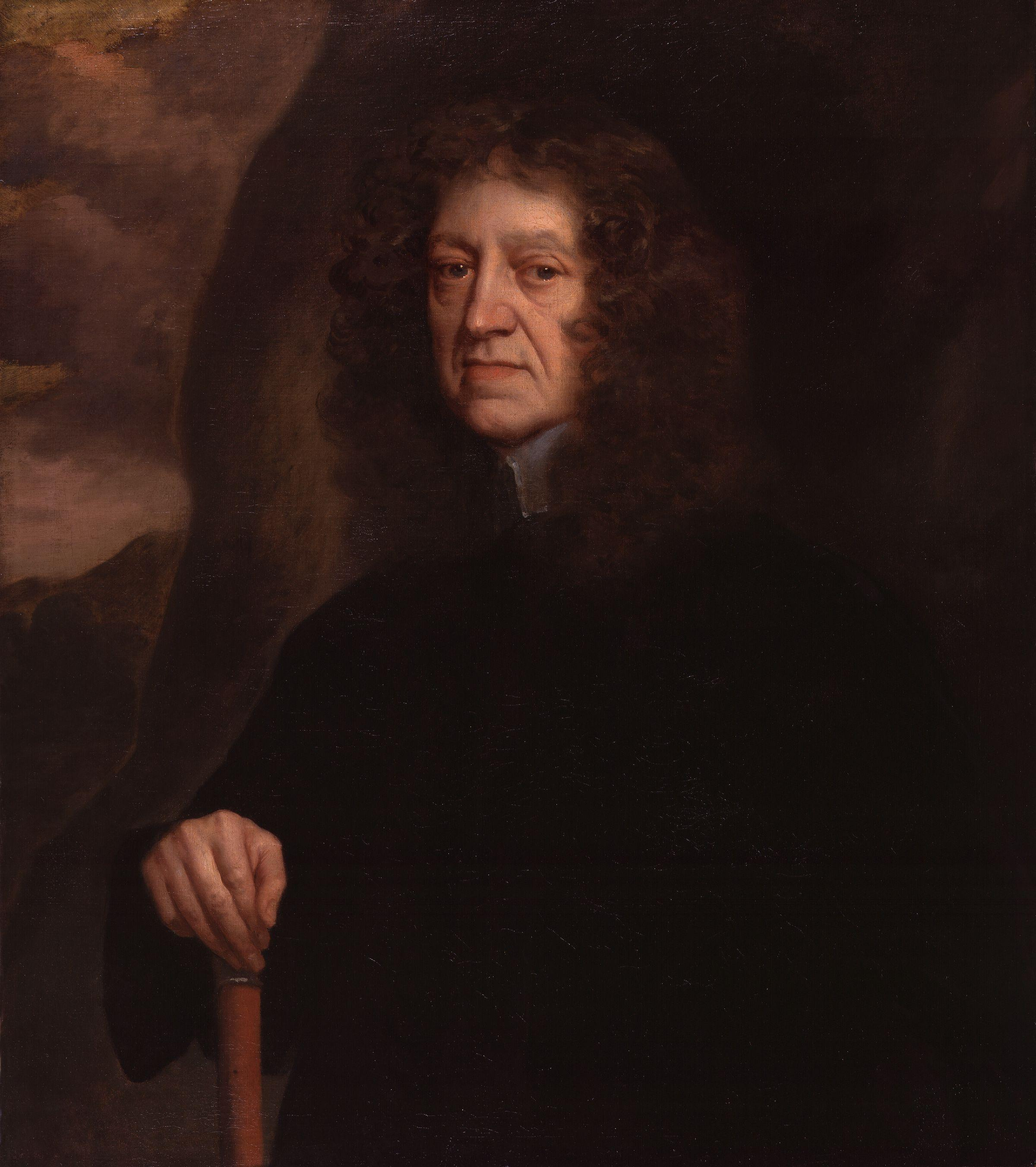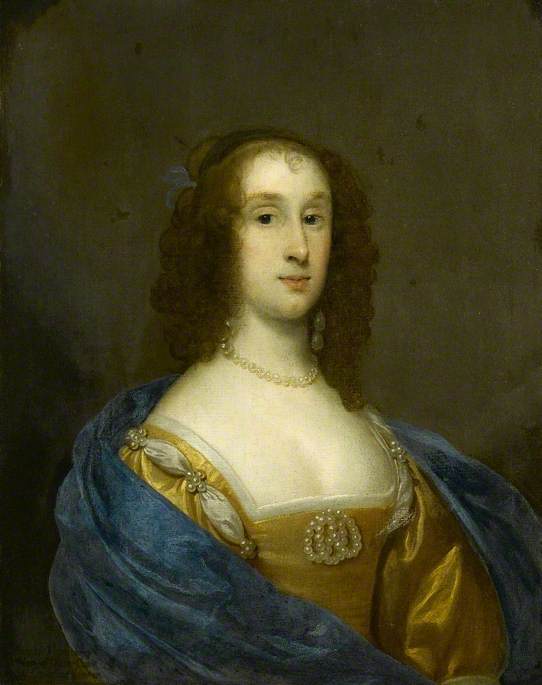|
Green Ribbon Club
The Green Ribbon Club was one of the earliest of the loosely combined associations which met from time to time in London taverns or coffeehouses for political purposes in the 17th century. The green ribbon was the badge of the Levellers in the English Civil Wars, in which many of them had fought, and was an overt reminder of the radical origins of the club's loyalties. Meetings and name The club met at the King's Head tavern at Chancery Lane End and therefore was known as the King's Head Club. It seems to have been founded about the year 1675 by men of a political faction hostile to the king's court. These associates wore on their hats a bow, or bob, of green ribbon, as a distinguishing badge useful for the purpose of mutual recognition in street brawls. The name of the club was changed, about 1679, to the Green Ribbon Club. The King's Head Tavern, described by North as "over against" (meaning opposite) the Inner Temple Gate, was at the corner of Fleet Street and Chancery Lane, on ... [...More Info...] [...Related Items...] OR: [Wikipedia] [Google] [Baidu] |
Levellers
The Levellers were a political movement active during the English Civil War who were committed to popular sovereignty, extended suffrage, equality before the law and religious tolerance. The hallmark of Leveller thought was its populism, as shown by its emphasis on equal natural rights, and their practice of reaching the public through pamphlets, petitions and vocal appeals to the crowd. The Levellers came to prominence at the end of the First English Civil War (1642–1646) and were most influential before the start of the Second English Civil War, Second Civil War (1648–49). Leveller views and support were found in the populace of the City of London and in some regiments in the New Model Army. Their ideas were presented in their manifesto "Agreement of the People". In contrast to the Diggers, the Levellers opposed common ownership, except in cases of mutual agreement of the property owners. They were organised at the national level, with offices in a number of London inns ... [...More Info...] [...Related Items...] OR: [Wikipedia] [Google] [Baidu] |
Charles Montague, 1st Earl Of Halifax
Charles Montagu, 1st Earl of Halifax (16 April 1661 – 19 May 1715) was an English statesman and poet. He was the grandson of the 1st Earl of Manchester and was eventually ennobled himself, first as Baron Halifax in 1700 and later as Earl of Halifax in 1714. As one of the four members of the so-called Whig Junto, Montagu played a major role in English politics under the reigns of King William III and Queen Anne. He served as Chancellor of the Exchequer from 1694 to 1699 and as First Lord of the Treasury from 1714 until his death the following year. He was also president of the Royal Society and a patron of the scientist Isaac Newton. Early life Charles Montagu was born in Horton, Northamptonshire, to Elizabeth Irby and George Montagu, fifth son of the 1st Earl of Manchester. He was educated first in the country, and then at Westminster School, where he was chosen as a Queen's Scholar in 1677, and entered into close friendship with George Stepney. In 1679 Montagu was a ... [...More Info...] [...Related Items...] OR: [Wikipedia] [Google] [Baidu] |
Robert Peyton (Middlesex MP)
Bob or Robert Peyton may refer to: *Sir Robert Peyton of Isleham (before 1453–1518), English founder of Peyton baronets line * Robert Peyton (MP died 1550) (before 1498–1550), English MP for Cambridgeshire * Robert Peyton (MP died 1590) (before 1523–1590), English MP for Cambridgeshire *Sir Robert Peyton (Middlesex MP), English Knight of the Shire of Middlesex 1679–1685 * Robert Ludwell Yates Peyton (1822–1863), American Confederate senator from Missouri *Robert Peyton (actor) Lee Frederick (June 2, 1912 – June 6, 1993) also credited as Robert Peyton) was an Cinema of the United States, American film actor active during the 1950s. He played the lead character of an intelligence officer in the 1951 espionage thriller ' ... (1912–1993), American film and TV performer a/k/a Lee Frederick * Bob Peyton (born 1964), English footballer See also * Robert Payton (other) {{hndis, Peyton, Robert ... [...More Info...] [...Related Items...] OR: [Wikipedia] [Google] [Baidu] |
British Whig Party
The Whigs were a political party in the Parliaments of England, Scotland, Ireland, Great Britain and the United Kingdom. Between the 1680s and the 1850s, the Whigs contested power with their rivals, the Tories. The Whigs became the Liberal Party when the faction merged with the Peelites and Radicals in the 1850s. Many Whigs left the Liberal Party in 1886 over the issue of Irish Home Rule to form the Liberal Unionist Party, which merged into the Conservative Party in 1912. The Whigs began as a political faction that opposed absolute monarchy and Catholic emancipation, supporting constitutional monarchism and parliamentary government, but also Protestant supremacy. They played a central role in the Glorious Revolution of 1688 and were the standing enemies of the Roman Catholic Stuart kings and pretenders. The period known as the Whig Supremacy (1714–1760) was enabled by the Hanoverian succession of George I in 1714 and the failure of the Jacobite rising of 1715 b ... [...More Info...] [...Related Items...] OR: [Wikipedia] [Google] [Baidu] |
Henry Blount (knight)
Sir Henry Blount (1602–1682) was a 17th-century English landowner, traveller and author. Life He was the third son of Sir Thomas Pope Blount (1552–1638) of Blount's Hall, Staffordshire and Tyttenhanger, Hertfordshire and was educated at St Albans Free School and Trinity College, Oxford. He travelled extensively in Europe and the Levant and was author of ''Voyage into the Levant'' published in London in 1634.''The English Baronetage, containing a Genealogical and Historical Account of all the Baronets now existing'' Vol 3, Pt 2. (1741) Arthur Collins pp665-77. Google Books ( Blount of Tittenhanger)] He was knighted in 1639. He served Charles I of England, Charles I during the English Civil War and was present at the Battle of Edgehill but he was acquitted by Parliament and later served in 1655 on a commission to consider methods of improving the trade and navigation of the Commonwealth of England. He was heir of his elder brother Thomas and inherited the estate at Tyttenha ... [...More Info...] [...Related Items...] OR: [Wikipedia] [Google] [Baidu] |
William Howard, 3rd Baron Howard Of Escrick
William Howard, 3rd Baron Howard of Escrick (c. 1626–1694) was an English Parliamentarian soldier, nobleman, and plotter. Life Howard was the second son of Edward Howard, 1st Baron Howard of Escrick and Mary Butler. He matriculated at Corpus Christi College, Cambridge, in 1646, and was then admitted to Lincoln's Inn. In 1653 he was a soldier in Oliver Cromwell's life-guards, and a "great preacher" of the anabaptists, but his views were republican, and he took part in the plots of 1655–6. Committed to the Fleet Prison in 1657, he successfully petitioned Richard Cromwell for release in 1658. In 1660 Sir Edward Hyde found him anxious to serve the king, likely to be useful among the sectaries, and surprisingly well acquainted with recent royalist negotiations. He was elected Member of Parliament for Winchelsea in the Convention Parliament. In 1674 he was discovered in secret correspondence with Holland, spent several months in the Tower of London and was set free only upon ... [...More Info...] [...Related Items...] OR: [Wikipedia] [Google] [Baidu] |
Henry Ireton
Henry Ireton (baptised 3 November 1611; died 26 November 1651) was an English general in the Parliamentarian army during the Wars of the Three Kingdoms, and a son-in-law of Oliver Cromwell. He died of disease outside Limerick in November 1651. Personal details Ireton was the eldest son of German Ireton of Attenborough, Nottinghamshire, and was baptised in St Mary's Church on 3 November 1611. He became a gentleman commoner of Trinity College, Oxford, in 1626, graduated with a Bachelor of Arts in 1629, and entered the Middle Temple the same year. English Civil War On the outbreak of the First English Civil War he joined the parliamentary army, fighting at the Battle of Edgehill in October 1642 and the Battle of Gainsborough in July 1643. He was made deputy-governor of the Isle of Ely by Oliver Cromwell, and served under the Earl of Manchester in the Yorkshire campaign and at the second Battle of Newbury, afterward supporting Cromwell in his accusations of incompetenc ... [...More Info...] [...Related Items...] OR: [Wikipedia] [Google] [Baidu] |
John Claypole
John Claypole (21 August 1625 – 26 June 1688)or John Claypoole . was an officer in the Parliamentary army in 1645 during the English Civil War. He was created Lord Claypole by Oliver Cromwell, but this title was not recognised after the Restoration of 1660. Claypole married Elizabeth, Oliver Cromwell's second daughter, before October 1646, and raised a troop of horse for Parliament to oppose Charles II in 1651. He was master of the horse to his father-in-law the Lord Protector. A Member of Parliament in 1654 and 1656, he was one of Cromwell's peers in 1657. After the restoration of the monarchy he lived quietly, but may have been briefly imprisoned as a suspect in a plot in 1678, only to be released when no evidence of his involvement was presented. Background Claypole was descended of a gentle family.The family of Claypole is certainly ancient, taking their name from the manor so called in Lincolnshire. Two clergymen, Hugo, and John, are mentioned by Newcourt, as ... [...More Info...] [...Related Items...] OR: [Wikipedia] [Google] [Baidu] |
Thomas Belasyse, 1st Earl Fauconberg
Thomas Belasyse, 1st Earl Fauconberg PC ( 1627 – ; 31 December 1700) was an English peer. He supported the Parliamentary cause during the English Civil War, becoming closely associated with Oliver Cromwell and marrying Cromwell's third daughter, Mary Cromwell. After the Restoration of the monarchy of the monarchy, he became a member of the Privy Council under Charles II and was created an earl by William of Orange. Biography Belasyse was the only son of Henry Belasyse, and Grace Barton.; His grandfather, Thomas Belasyse, was a Royalist who went into exile after the defeat at the Marston Moor in 1644. Unlike his Royalist father and grandfather, Belasyse supported Parliament during the English Civil War and subsequently became a strong adherent of Oliver Cromwell. He married Cromwell's third daughter, Mary, in 1657. His father died in 1647, and he succeeded his grandfather as Viscount Fauconberg in the Bishopric of Durham in 1652. Career Belasyse aligned himself wi ... [...More Info...] [...Related Items...] OR: [Wikipedia] [Google] [Baidu] |
Oliver Cromwell
Oliver Cromwell (25 April 15993 September 1658) was an English statesman, politician and soldier, widely regarded as one of the most important figures in British history. He came to prominence during the Wars of the Three Kingdoms, initially as a senior commander in the Parliamentarian army and latterly as a politician. A leading advocate of the execution of Charles I in January 1649, which led to the establishment of the Commonwealth of England, Cromwell ruled as Lord Protector from December 1653 until his death. Although elected Member of Parliament (MP) for Huntingdon in 1628, much of Cromwell's life prior to 1640 was marked by financial and personal failure. He briefly contemplated emigration to New England, but became a religious Independent in the 1630s and thereafter believed his successes were the result of divine providence. In 1640 he was returned as MP for Cambridge in the Short and Long Parliaments. He joined the Parliamentarian army when the First Engl ... [...More Info...] [...Related Items...] OR: [Wikipedia] [Google] [Baidu] |
Thomas Shadwell
Thomas Shadwell ( – 19 November 1692) was an English poet and playwright who was appointed Poet Laureate of the United Kingdom, Poet Laureate in 1689. Life Shadwell was born at either Bromehill Farm, Weeting-with-Broomhill or Santon House, Lynford, Norfolk, and educated at Bury St Edmunds School, and at Gonville and Caius College, Cambridge, which he entered in 1656. He left the university without a degree and joined the Middle Temple. At the Glorious Revolution, Whig triumph in 1688, he superseded John Dryden as poet laureate and historiographer royal. He died at Chelsea on 19 November 1692.Thomas Shadwell He was buried in Chelsea Old Church, but his tomb was destroyed by wartime bombing. A memorial to him with a bust by Francis Bird survives in Poets' Corner in Westminster Abbey. He wa ... [...More Info...] [...Related Items...] OR: [Wikipedia] [Google] [Baidu] |
Grey Of Warke
Grey (more frequent in British English) or gray (more frequent in American English) is an intermediate color between black and white. It is a neutral or achromatic color, meaning that it has no chroma. It is the color of a cloud-covered sky, of ash, and of lead. The first recorded use of ''grey'' as a color name in the English language was in 700 CE.Maerz and Paul ''A Dictionary of Color'' New York:1930 McGraw-Hill Page 196 ''Grey'' is the dominant spelling in European and Commonwealth English, while ''gray'' is more common in American English; however, both spellings are valid in both varieties of English. In Europe and North America, surveys show that gray is the color most commonly associated with neutrality, conformity, boredom, uncertainty, old age, indifference, and modesty. Only one percent of respondents chose it as their favorite color. Etymology ''Grey'' comes from the Middle English or , from the Old English , and is related to the Dutch and Germa ... [...More Info...] [...Related Items...] OR: [Wikipedia] [Google] [Baidu] |






